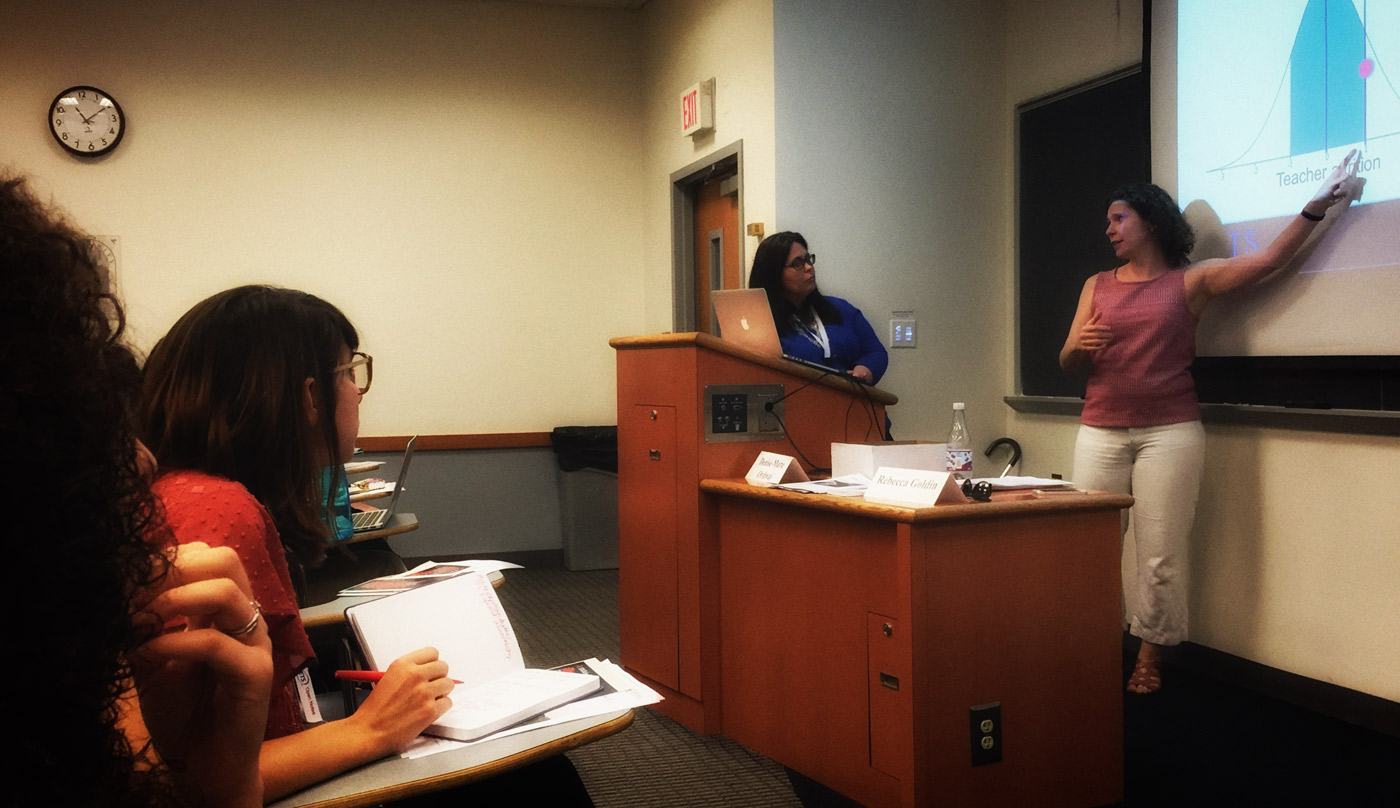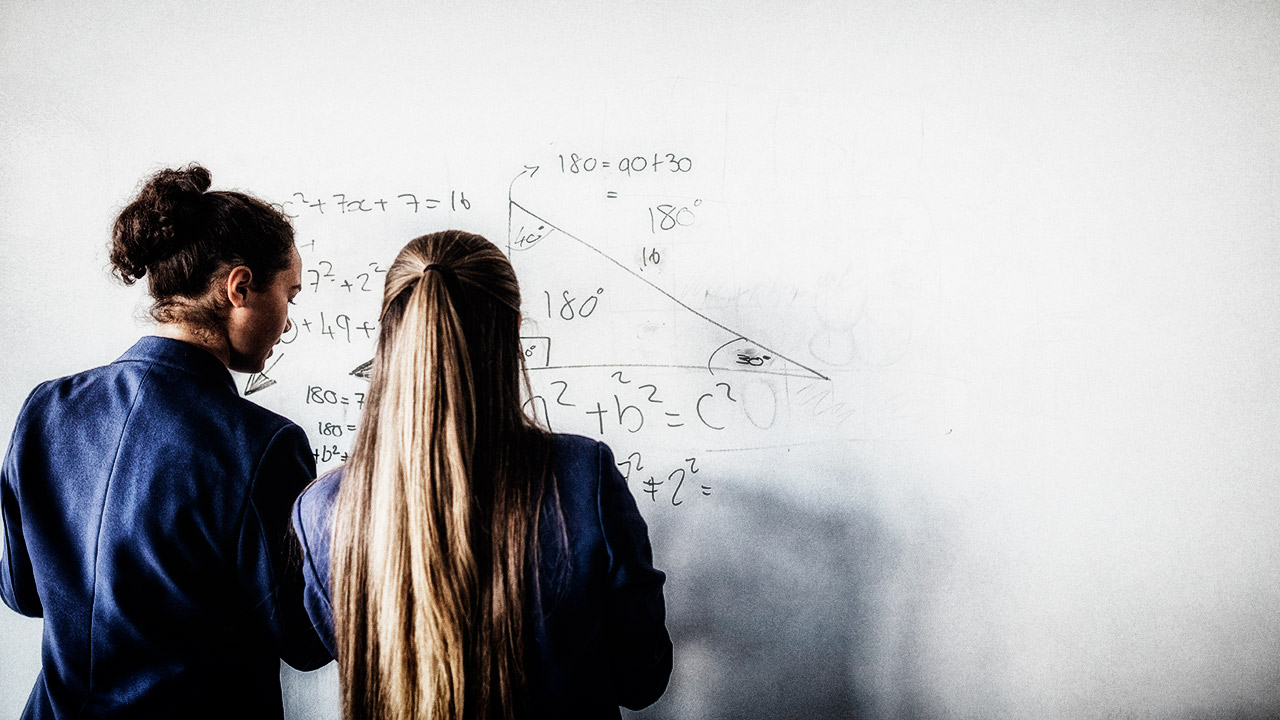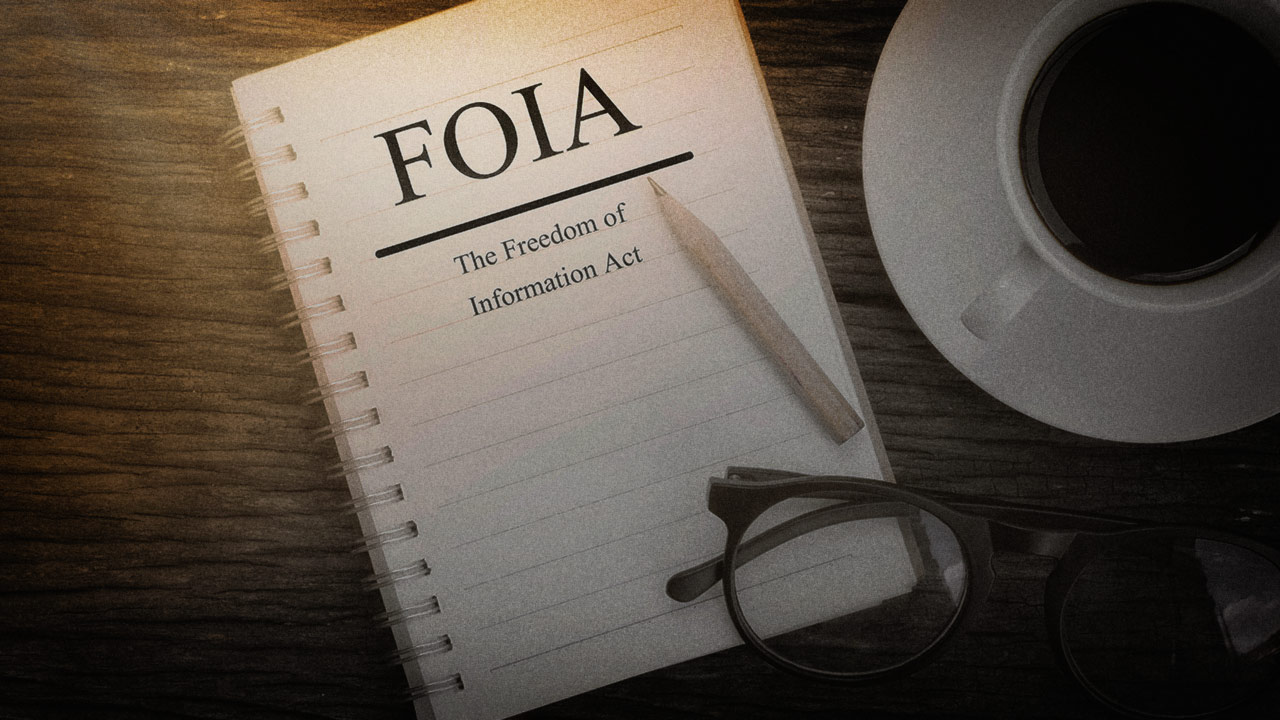A reporter’s guide to education statistics
Where to find data, what questions to ask, what to be aware of when interpreting results
May 21, 2019
Rebecca Goldin Ph.D
Photo credit: virojt for istockphoto.com
Welcome to the first installment of our guide to education statistics! We get lots of calls from reporters wanting to understand and use data to tell better education stories, so we thought it would be helpful to create a guide to where to get the data and how to think about it and report it.
This will be updated to include more step-by-step guides to analyzing specific questions—and to responding to the kinds of questions you want answered. Let us know what you’d like us to cover or explain in more depth.
We hope this will be useful to a few parents too!
Sources of data
We take you through the key sources for educational statistics in the U.S.
Questions to ask
What are the kinds of questions you can ask now you have access to data?
Interpreting data
Critical issues to bear in mind when you’re interpreting educational data
Elementary data analysis
Step-by-step examples on whether to use mean or median
When you need FOIA
When data is not published, you’ll need a FOIA request

In June 2017, we ran basic and intermediate stats seminars at the annual meeting of the Education Writers Association in Washington DC in conjunction with the Shorenstein Center for the Press and Public Policy at Harvard University.
Are you a journalist?
Do you need help analyzing educational data for a story?





